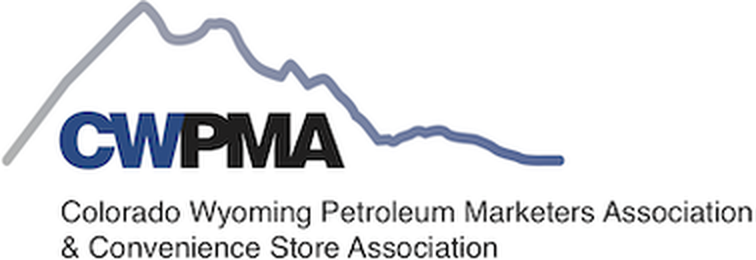NFPA EV Charging Update
The NFPA membership at the Technical Meeting in June approved an amendment submitted by National Electrical Manufacturers Association (NEMA) that deleted the EV charging requirements proposed by the NFPA 30A Technical Committee. Under the NFPA standards development process, the NFPA 30A Technical Committee is required to determine whether to accept or reject the amended text for inclusion in the next edition of the standard. In early July, the Technical Committee voted not to accept the NEMA proposed text. On July 15th, however, ChargePoint submitted an appeal requesting that the NFPA Standards Council overturn the results of the Technical Committee vote and require the NEMA text be included in the next edition. On August 25th, the Standards Council voted to deny the appeal by ChargePoint. As a result, there will be no references to EV charging in the next edition of NFPA 30A.
Based on questions raised by ChargePoint in its appeal regarding the committee scope, knowledge and competency, the Standards Council requested NFPA staff to convene a task group of NFPA 30A, NFPA 70, NFPA 385 (tank vehicles), and NFPA 855 (battery storage) technical committee representatives to determine which technical committee is responsible for which aspects of EV charging at motor fuel dispensing facilities and repair garages and recommend scope changes and Tentative Interim Amendments (TIA), if needed. The removal of EV charging requirements from NFPA 30A, however, does not change the existing requirements in NFPA 30A related to electrical wiring and electrical utilization equipment which includes EV Chargers and related equipment within classified areas. NFPA 30A and fire codes define classified areas around gasoline dispensers, tanks and vents and other flammable liquids and gases. In addition, the National Electric Code (NFPA 70) defines requirements for Electric Vehicle Power Transfer Systems. Contractors and electricians that construct or maintain fueling sites should be very familiar with these requirements.
